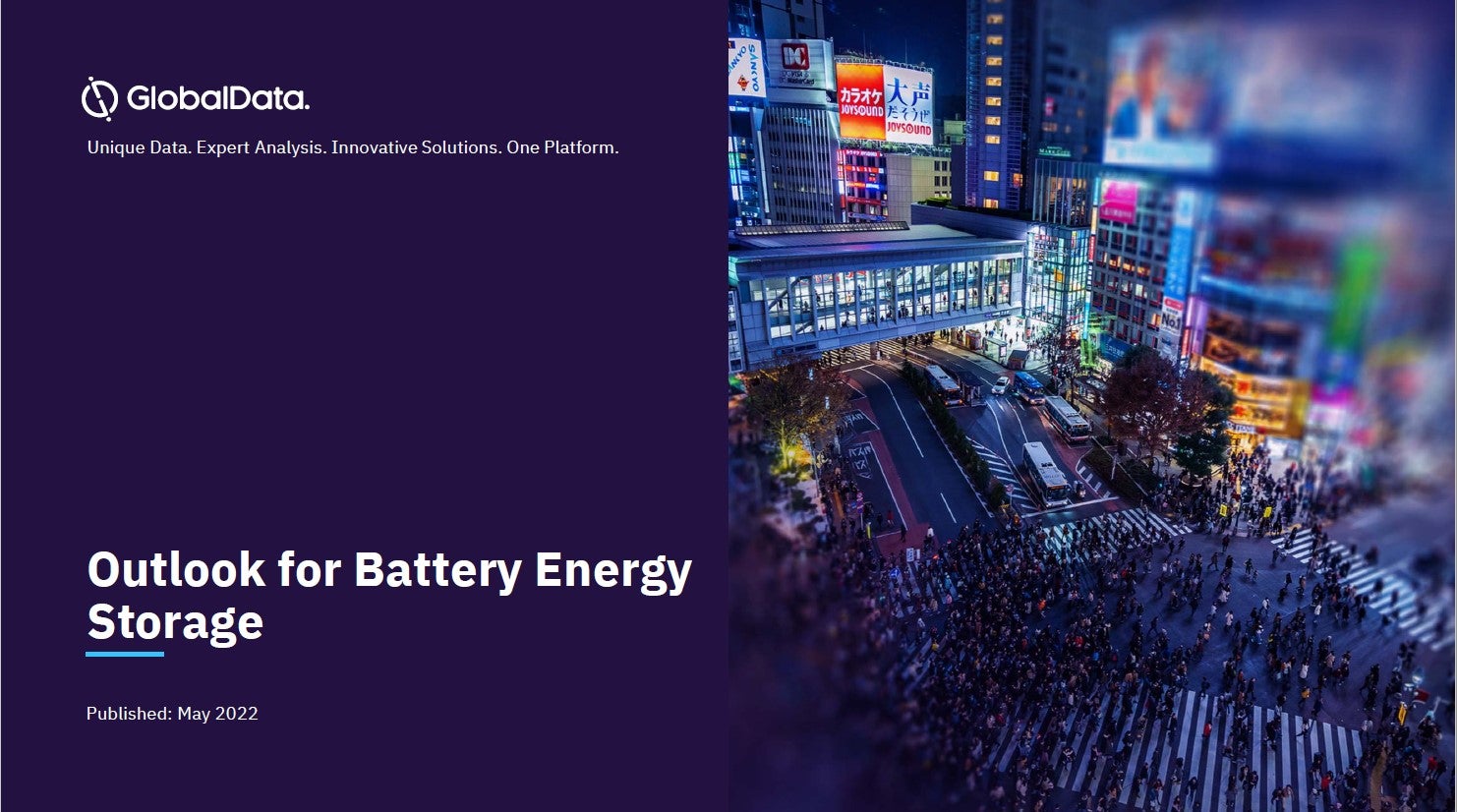The Hyundai Electric-Korea Zinc Battery Energy Storage System is a 150,000kW energy storage project located in Ulsan, South Korea.
The project was announced in 2017 and was commissioned in 2018.
How well do you really know your competitors?
Access the most comprehensive Company Profiles on the market, powered by GlobalData. Save hours of research. Gain competitive edge.

Thank you!
Your download email will arrive shortly
Not ready to buy yet? Download a free sample
We are confident about the unique quality of our Company Profiles. However, we want you to make the most beneficial decision for your business, so we offer a free sample that you can download by submitting the below form
By GlobalDataDescription
The Hyundai Electric-Korea Zinc Battery Energy Storage System was developed by Hyundai Electric and Energy Systems. The project is owned by Korea Zinc (100%).
The key applications of the project are reduce peak electricity cost, frequency regulation and grid support services.
Contractors involved
Hyundai Electric and Energy Systems and Korea Zinc have delivered the battery energy storage project.
Additional information
Hyundai Electric & Energy Systems Co. has signed a contract with Korea Zinc to build an industrial ESS with a capacity of 150 MW at Korea Zinc’s refinery plant in the southeastern city of Ulsan.
About Hyundai Electric and Energy Systems
Hyundai Electric and Energy Systems Co Ltd (HEES) carries out the business of manufacturing electrical equipment and energy solutions provider. Its product portfolio includes gas insulated switchgears, power transformers, AC drivers, generators and ship automation systems. The company is headquartered in Seoul, South Korea.
Methodology
All publicly-announced energy storage projects included in this analysis are drawn from GlobalData’s Power IC. The information regarding the projects are sourced through secondary information sources such as country specific power players, company news and reports, statistical organisations, regulatory body, government planning reports and their publications and is further validated through primary from various stakeholders such as power utility companies, consultants, energy associations of respective countries, government bodies and professionals from leading players in the power sector.




